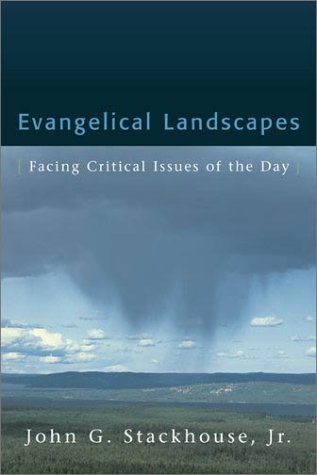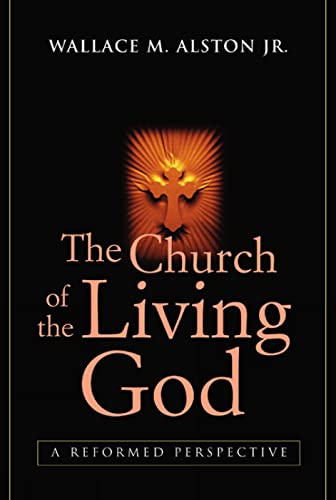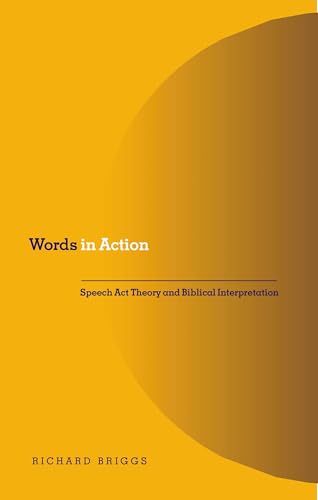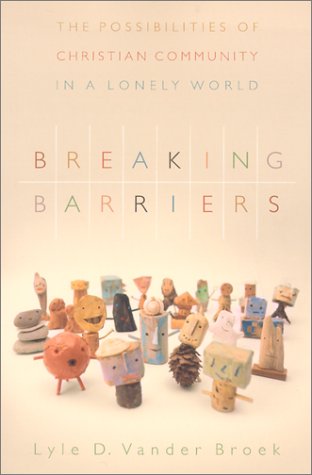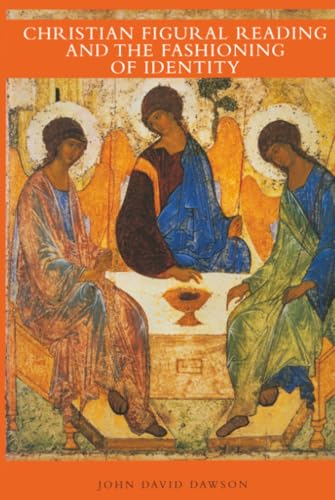The Book of Psalms has been the object of great delight and fascination for believers of every generation. This delight and fascination continues in contemporary Christianity and Judaism and is reflected in the number of books that are published on the Psalms each year. This review will consider three recent—and very different—contributions to the secondary literature on the Psalter. Each of these works takes a different approach to the study of the psalms, but perhaps this is to be expected when one considers the backgrounds of the authors: Hassell Bullock is Professor of Biblical Studies at Wheaton College, Erhard Gerstenberger is Professor Emeritus of Old Testament Literature at Marburg University, and Stanley Jaki is distinguished Professor at Seton Hall University, a Roman Catholic university in New Jersey.
The approaches to the study of the Psalter found in these three books vary, not only because of the backgrounds and presuppositions of the respective authors, but also because of the aims of each book in question. Baker Books’ Encountering series may well be known to readers of Themelios—it is a series of publications aimed at the undergraduate student of theology There are two strands of Encounteringpublications; the more general and entry-level overview books aimed at new students of theology (e.g. Encountering the Old Testament: A Christian Survey) and the more detailed and advanced publications on specific books of the Bible. Bullock’s volume is one of the latter and, for all its accessibility (illustrations, call-outs with quotes, study questions, glossaries and summaries throughout), this is ultimately a scholarly and quite detailed work on the Book of Psalms. Gerstenberger’s long-awaited addition to the Forms of Old Testament Literature series is (typically of this series) a very careful, well-researched and scholarly publication that deals with everything from textual criticism of the various psalms to questions of structure or genre or life setting. Consideration of each psalm also includes a comprehensive bibliography of works which discuss that poem’s significance. Jaki’s work is a single, one-off publication based upon his devotional use of the psalms over the last sixty years. It does not pay detailed attention to questions of exegesis or genre or setting, but rather is designed to encourage the adoption and use of the psalms as prayers.
Perhaps the best way to give the reader a taster of each of these books, is to select a test case and show how each of the authors deals with the content of a specific psalm. The somewhat controversial (from the perspective of disagreement within the secondary literature) Psalm 110 seems to offer good insight into the workings of each of these books. I shall deal with Gerstenberger and Jaki first, for reasons that will become clear.
Under the title of ‘Divine Proclamation; Messianic Promise’, Gerstenberger begins his analysis by laying out the structure of the psalm (two stanzas based on the oracles found in verses 1 and 4 and their succeeding interpretations). He then moves on to analyse the text of Psalm 110, which he describes as ‘particularly obscure … because of textual corruptions and … unintelligible allusions to mythical, ritual and theological details’ (264). Gerstenberger considers the ‘lord’ to whom Yahweh speaks to be ‘an Israelite royal figure … offered the highest possible dynastic honour; to sit next to God on the divine throne as divine regent or vice-deity’ (264).
After drawing out some of the implications of this first oracle, he points out the priestly nature of the second oracle found in verse 4 and discusses the incongruities of this association of king and priest within the overall theology of the OT. The challenges presented by Psalm 110 in conflating the figures of king and priest lead Gerstenberger into consideration of possible historical settings for this psalm. He deduces that initial indications found in the psalm indicate a background found in the Judean monarchy with the oracles mediated by a ‘court prophet or mantic priest’. He decides, however, that this is the reworking of old oracles because such ideas as ‘universal outlook, world government from Zion [and] final battle against nations’ are ‘features incompatible with pre-exilic Judean theology’ which ‘forbids [the] dating [of] our psalm in monarchic times. Rather, it should be localised in the exilic/postexilic messianic expectation’ (266). Gerstenberger continues with a brief discussion of genre and further comment on setting, before concluding with a paragraph on the intention of this psalm (‘to kindle hope for betterment and the strength to fight for it,’ 267) and a lengthy bibliography of scholarly works dealing with Psalm 110.
Jaki’s approach is very different and makes no pretence at offering a comprehensive discussion and exegesis of this text. His opening gambit with regard to Psalm 110 gives an accurate insight into the tone of the book as a whole:
If thirty years count for one generation, then sixty some generations of Christians have already prayed this psalm as a praise to Jesus, the Messiah, the eternally begotten Son of God. Whether all the words they prayed were clear to them all the time is doubtful. Even more doubtful is that they could readily follow the train of thought of a psalm that is more mysterious than all other psalms. But pray they did, praise they did, and had their soul filled with the sense of certainty and peace (192).
Jaki—a Hungarian born, Roman Catholic scholar whose distinguished work has mostly come in the field of science and religion—is not concerned with questions of text or genre or exegesis, but with the issue of how the adoption of a psalm from an NT perspective shapes the prayers of the Christian. He does not ask or seek to answer the difficult hermeneutical questions of the relationship between the testaments or how the Christian should read the psalms ‘christologically’. (There is some discussion of this issue in the introduction, pages 26ff., but this is far removed from a detailed consideration of method) Jaki’s approach is much more ‘subjective’ than that found in Gerstenberger’s careful analysis. The problem with analyses of this type is that the prayers which one Christian draws from and bases upon a psalm may be very different from the same prayers drawn from the same psalm by another believer.
Assessing Bullock’s consideration of Psalm 110 is slightly more complicated as his book takes a thematic approach to the study of the psalms rather than a canonical analysis psalm-by-psalm. Therefore the ‘Scripture Index’ is of paramount importance if one is dipping into this work in order to access information about specific psalms. There are several references to Psalm 110 throughout the volume, but the bulk of them are to be found in the section dealing with ‘The Psalms of the Earthly King’ (177ff.). In this section Bullock introduces the reader to the genre and function of royal psalms by way of discussion of the characteristics of such psalms. Psalm 110 features in this discussion because royal psalms were defined by the form-critical school via their explicit reference either to ‘the king’ or to ‘David’ or to ‘the anointed one’ within the content of the psalm (as opposed to Davidic reference in the superscription)—Psalm 110 is one psalm which is classed as ‘royal’ despite the fact that it contains explicit reference to none of these features. Bullock goes on to explain that some psalms are termed ‘royal’ because they:
clearly describe the power, paraphernalia, and activities of the king, even though they do not mention his name … Psalm 110 uses language that obviously refers to the king, speaking of him as ‘my lord’, (1) and referring to his ‘sceptre’ (v. 2, pp. 178–79).
Further discussion of this psalm is found in the section dealing with ‘The Royal Psalms and the Messiah’ (182ff.), where Bullock discusses the historical and eschatological levels at which the royal psalms are interpreted. These psalms he describes as rooted in history (‘the ground level of hermeneutics’), yet having strong eschatological overtones (‘the royal psalms readily lend themselves to the NT messianic view’) and he discusses the process by which the gospel writers reinterpreted these psalms in the light of the person and the work of Christ.
Each of these books, needless to say, has its own strengths and weaknesses. Gerstenberger’s analysis is careful and well-argued and provides an ideal starting-point for more detailed research into any of the psalms that fall within the remit of ‘Part 2’ (i.e. from Psalm 61 onwards). The quality of Gerstenberger’s scholarship is beyond question and the analysis of each psalm is very thorough. Readers of Themelios will not always agree with the theological conclusions which Gerstenberger derives from the analysis of the text (e.g. his assumption that the royal psalms find their original historical root, not in the Judean monarchy, but in the eschatological expectation of the Second Temple period), but this book is an excellent starting-point for any detailed work in the Book of Psalms.
The very subjectivity of Jaki’s book means that it inevitably appeals to some and not to others. He moves freely between the OT, NT, Roman Catholic doctrine (elements of which an evangelical audience will certainly disagree) and scientific observation without any explicit consideration of the method at work in these transitions. Some of Jaki’s comments are indeed helpful in understanding the spirituality lying within the psalms, but many are so far removed from an exegetical reading of the psalm that they seem to hide the meaning rather than to bring enlightenment. For example, the reading of Psalm 96—a great ‘missionary’ psalm which celebrates Yahweh’s universal dominion over all the earth—focuses only upon the initial command of the psalm to sing a new song and discussion centres upon ideas of novelty and liturgy, which are, at best, peripheral to the composition and, at worst, irrelevant.
Bullock’s Encountering the Psalms is very much an introduction. However, as introductions go, it is a helpful, comprehensive, well-written and well-presented introduction to the Book of Psalms. Anyone beginning serious study of the psalms will find Bullock’s work to be an excellent starting point, with helpful discussion of most of the major debates within the secondary literature and a very useful bibliography which is divided into subject sections should the reader wish to research a particular topic more thoroughly.
Jamie Grant
Highland Theological College, Dingwall



